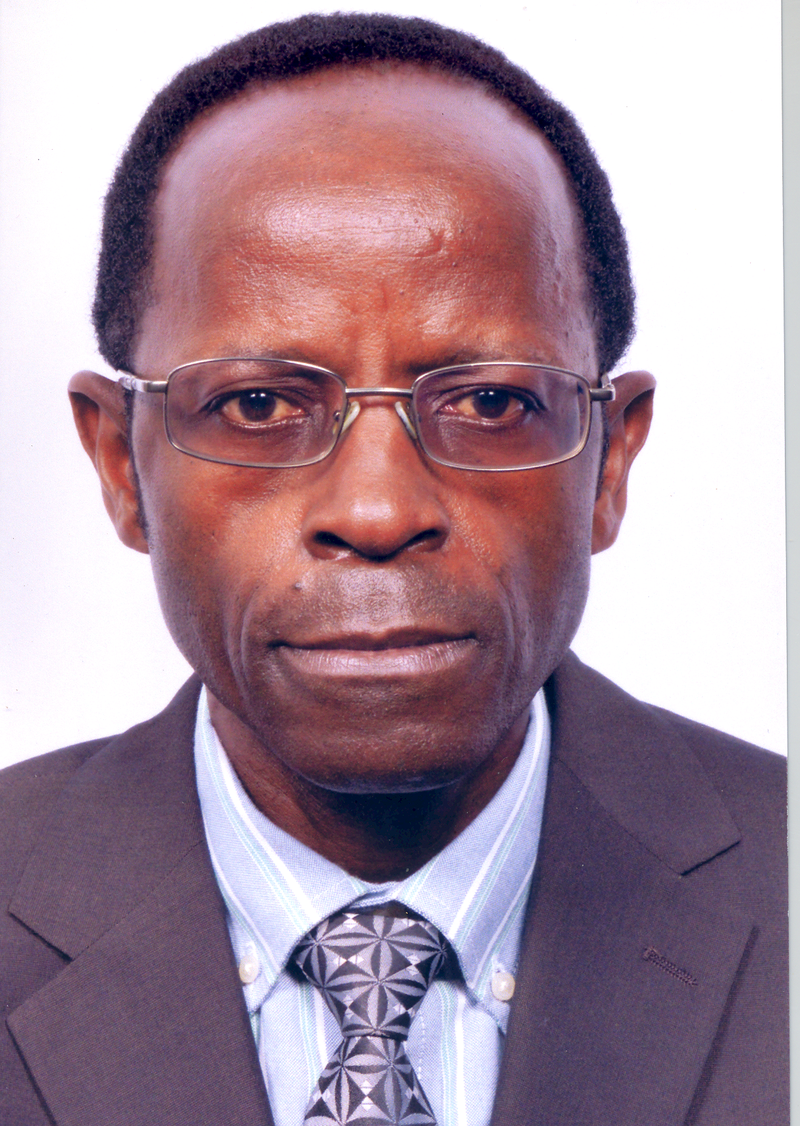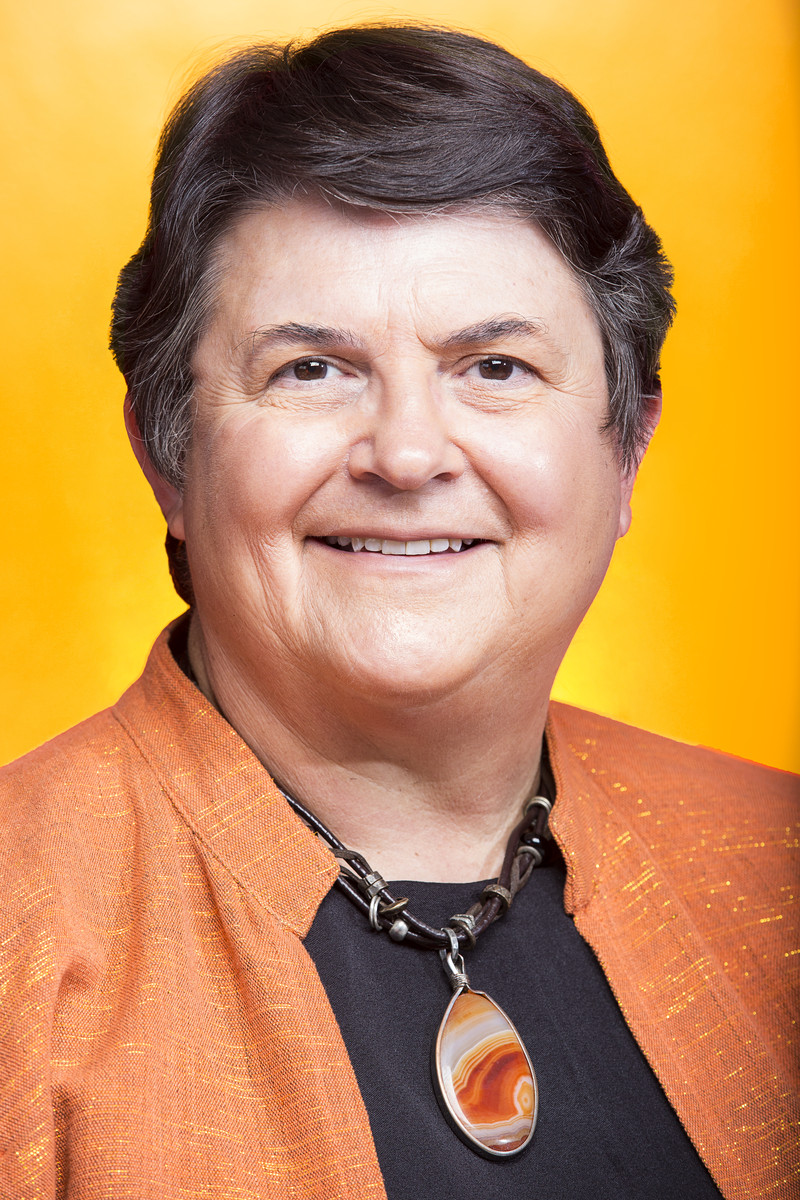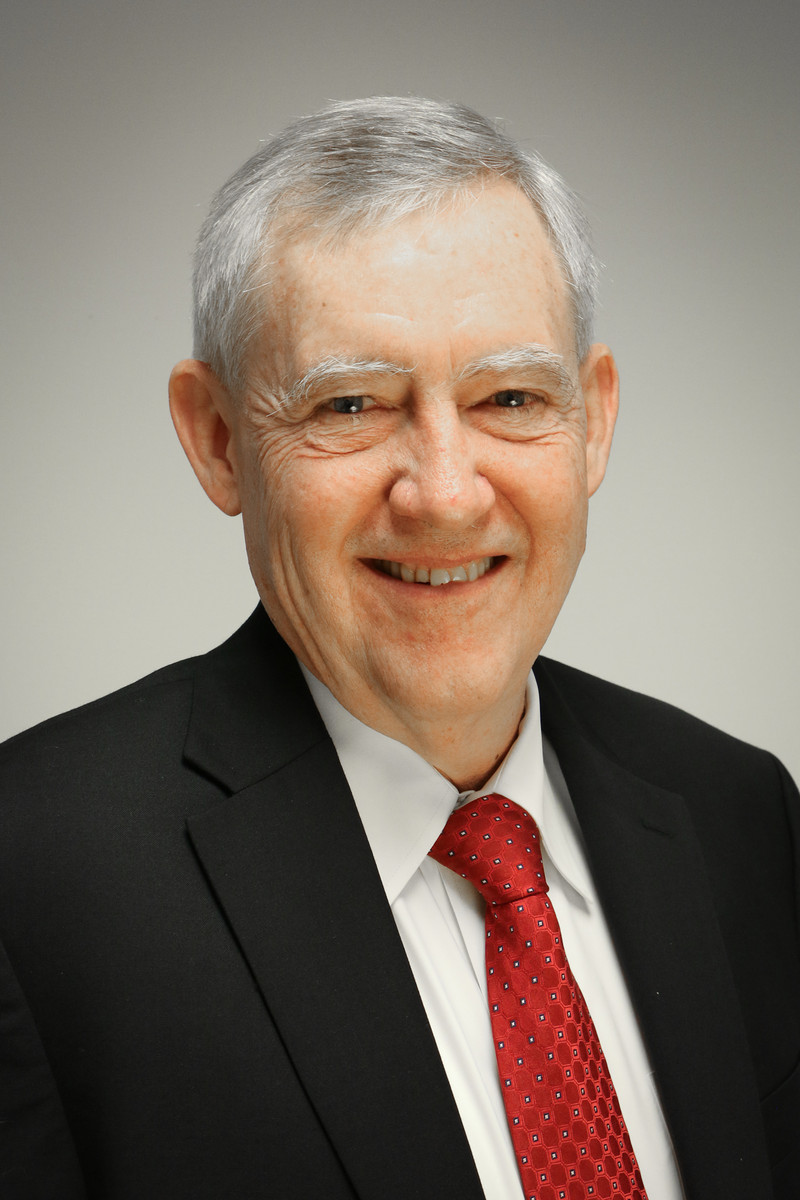Four scientists whose pioneering work in fortifying crops has already improved the health of millions across Africa, Asia and Latin America, were the winners at this year’s World Food Prize.
Dr Maria Andrade, Dr. Robert Mwanga and Dr. Jan Low of the International Potato Center (CIP), which has had sweet potato in its research mandate since 1988 – are being honored for their work in developing the single most successful example of biofortification – the orange-fleshed sweet potato (OFSP).

From Cape Verde, Dr Maria Andrade, Plant Scientist at the International Potato Center

From Uganda, Dr. Robert Mwanga, Plant Scientist at the International Potato Center
Dr. Andrade and Dr. Mwanga, plant scientists in Mozambique and Uganda, bred the Vitamin A-enriched OFSP using genetic material from CIP and other sources, while Dr. Low structured the nutrition studies and programs that convinced almost two million households in 10 separate African countries to plant, purchase and consume this nutritionally fortified food.

From the US, Jan Low, Agricultural Economist at the International Potato Center

From the US, Dr. Howarth Bouis, the founder of HarvestPlus
Dr. Howarth Bouis, the founder of HarvestPlus at the International Food Policy Research Institute (IFPRI), over a 25-year period pioneered the implementation of a multi-institutional approach to biofortificatoin as a global plant breeding strategy. As a result of his leadership, crops such as iron and zinc fortified beans, rice, wheat and pearl millet, along with Vitamin A-enriched cassava, maize and OFSP are being tested or released in over 40 countries.
During a ceremony for the honorees at the U.S. State Department, USAID Administrator Gayle Smith said: “These four extraordinary World Food Prize Laureates have proven that science matters, and that when matched with dedication, it can change people’s lives,” said Administrator Gayle Smith. “USAID and our Feed the Future partners are proud to join with renowned research organizations to support critical advances in global food security and nutrition.”
The World Food Prize is the most prominent global award for individuals whose breakthrough achievements alleviate hunger and promote global food security. This year’s $250,000 prize will be divided equally between the four recipients. The prize rewards their work in countering world hunger and malnutrition through biofortification, the process of breeding critical vitamins and micronutrients into staple crops.
Nike
 iConnectHub
iConnectHub
 Login/Register
Login/Register Supplier Login
Supplier Login


























